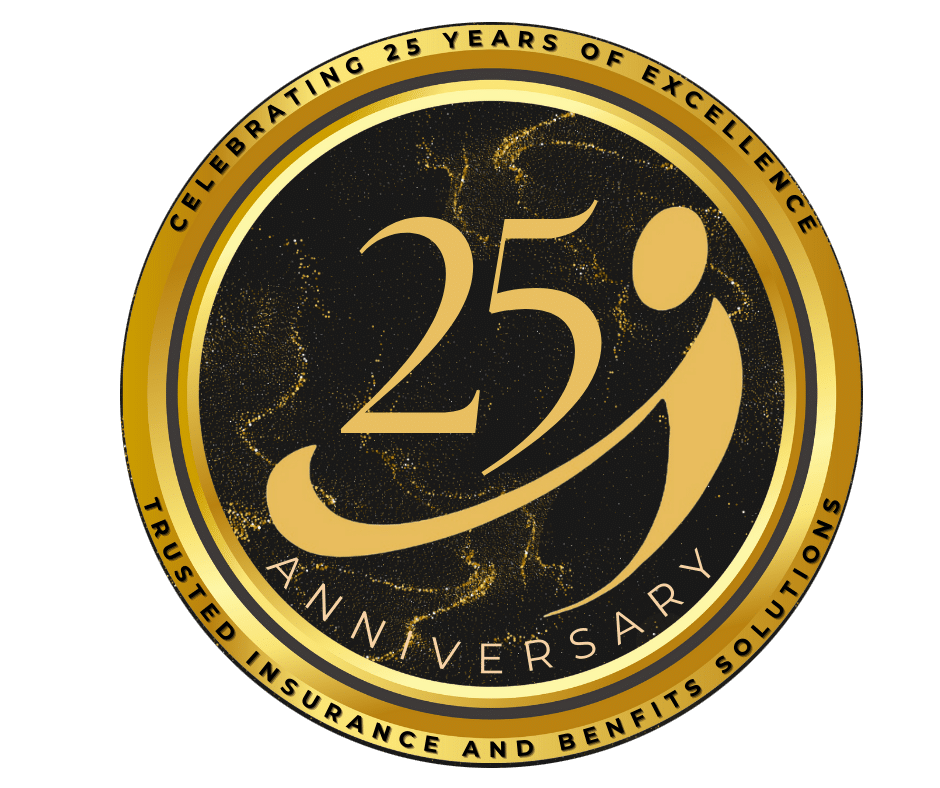Buy/Sell Agreement Funding
Is your business prepared for the death, disability or critical illness of one of its owners?
If your business loses an owner to any one of these 3 situations, the remaining owners must decide how the business will continue. Generally, you have four options:
- You can close down the business, but you likely wouldn’t want to do that after all of the time, energy, commitment and money you have put into it.
- You can continue the business with the new owner, but do you want to be in business with this person? (for example, could be the spouse of a deceased owner).
- You can sell your shares, but who will buy them and at what price?
- You could purchase the shares from the affected owner or the deceased owner’s estate or the disabled partner’s spouse.
A key component of an integrated financial plan for the succession of a business would include a formal buy-sell agreement. These agreements cover the terms of ownership and operation of the business. It usually deals with the death, disability, critical illness and retirement of one of the owners, as well as disagreements about running the business that results in an owner wanting out.
This type of agreement often includes a formula or process for valuing the business to simplify the buy-out of an owner and will generally deal with:
- Who will buy the shares
- What the terms of the sale will be
- When the sale will take place
- Where the money to buy the shares will come from
- What the purchase price will be
Proper funding must be in place to ensure that your agreement is viable. After all, without funding in place, agreements can fall apart because the remaining owners, obligated under the terms of the agreement to purchase the departing owner’s shares, may not be in a financial position to do so.
The options available for funding would be:
- You can start saving today
- You can borrow the funds from a bank
- You can take funds from current earnings
- You can sell assets
You can purchase life insurance, disability insurance and critical illness insurance to provide the funds needed!!
Since there are numerous possible ways to structure a buy-sell agreement, it is important to remember that each method has its own pros and cons and must be considered in the light of the circumstance of each given situation. Another consideration is whether to fund the agreement with “corporate owned” or “personally owned” insurance.
Remember that there are several advantages to having your buy-sell agreement funded with insurance policies:
- Heirs obtain a definitive value for the deceased, disabled or sick partner’s interest.
- Surviving partners obtain total and unrestricted ownership of the business.
- Depending upon how the Insurance contracts have been structured, insurance proceeds can flow into the business tax free!
- Depending upon the nature of the applicable insurance contract (life, disability or critical illness) the proceeds can be realized within a very short and crucial time period.
- Depending upon the type of insurance policy purchased, the longer the policy is in force, the greater the cash surrender value, which can be used to take advantage of other business opportunities.
Health Risk Services is prepared to work with your company to educate you and assist you in either the process of ascertaining the appropriate buy-sell agreement, or if in fact you already have one in place, to identify if the appropriate methods of funding have been addressed. Because there are many important issues to consider in establishing the buy-sell agreement and the funding that is right for you company, Health Risk would recommend that we work along with your other professionals such as accountants and lawyers to make sure that every detail is covered.
DISCLAIMER: Please be advised that the information on this web site is intended to present a broad variety of general information as simply and accurately for your knowledge as we possibly can. In no event does this information form part of or apply as a legal document. Therefore, please note that rules, conditions and industry practices discussed may be changed over time. Please consult Health Risk Services Inc. with specific questions.
E & O Insurance applies













